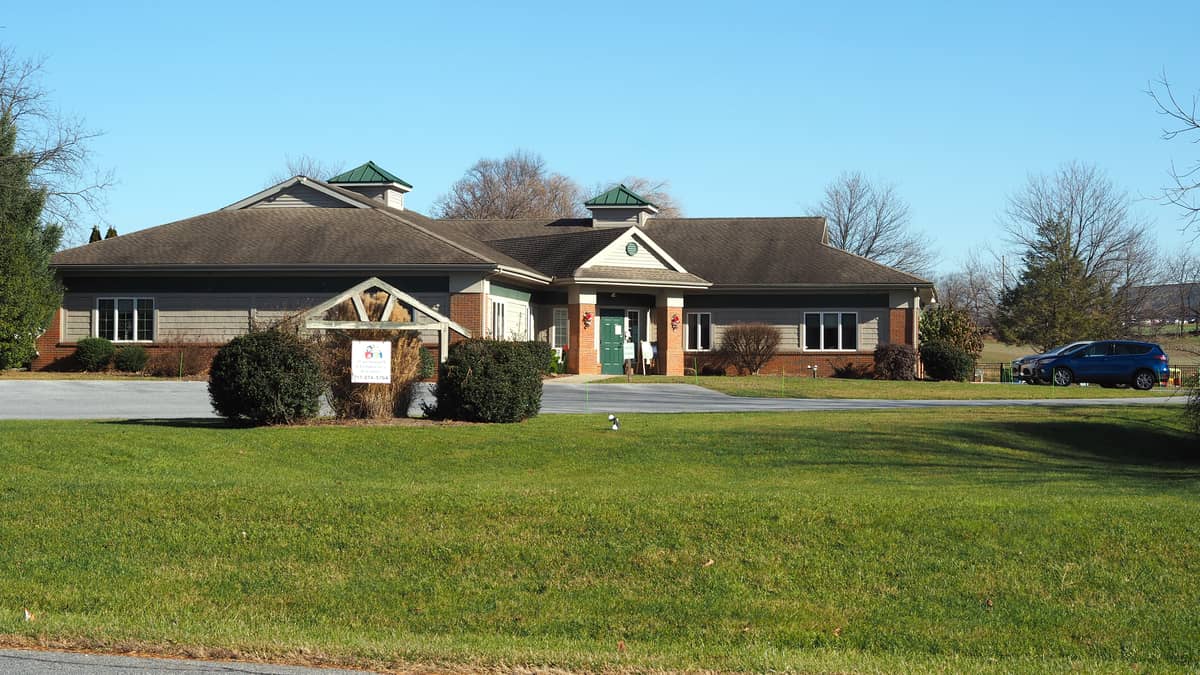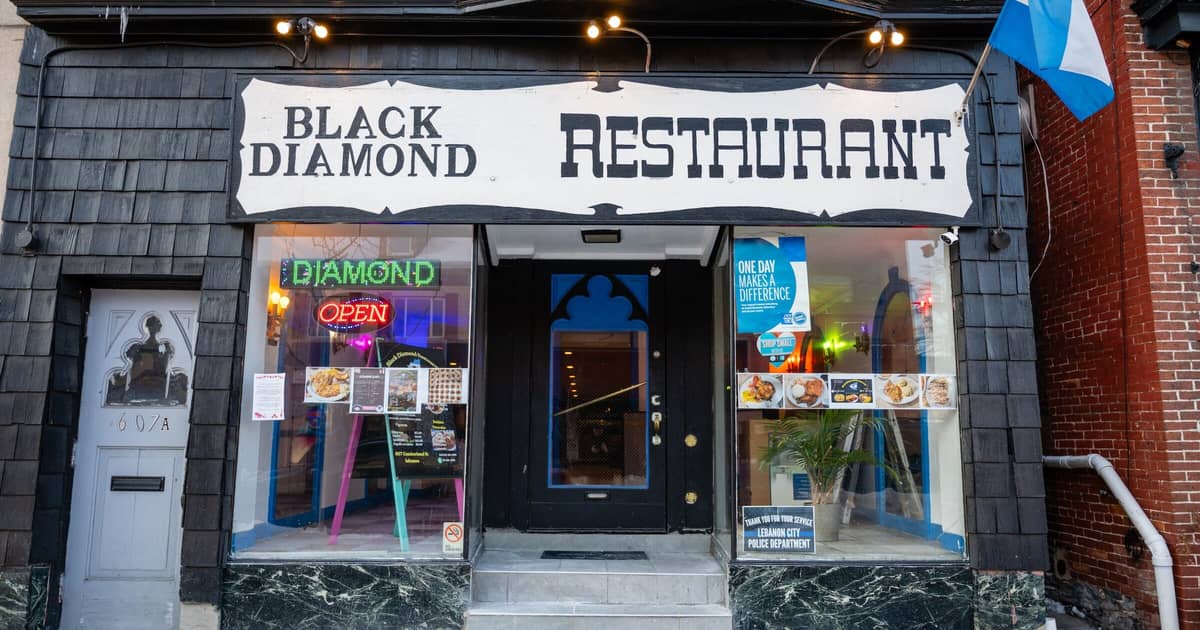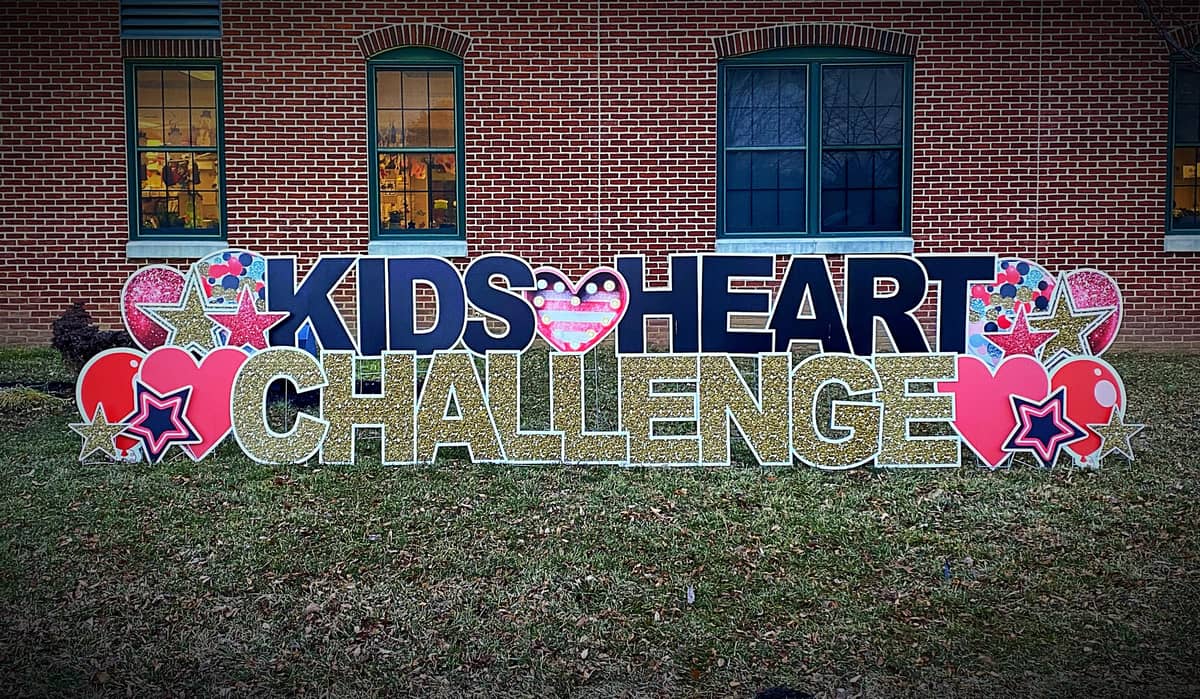In 2021, after years operating a child daycare facility in rented spaces, Cornwall Children’s Center bought its own building. Last week it asked a local court to declare the property exempt from township, school district, and county real estate taxes because it is a charitable organization.
CCC purchased the building, located in South Lebanon Township’s Lebanon Valley Business Park, for $745,000, according to public records.
Lebanon County and the Cornwall-Lebanon School District say the property is taxable because CCC does not meet Pennsylvania’s legal definition of a charitable organization.
At stake are annual township, county, and school tax bills exceeding $13,600.
The parties presented evidence to Judge Bradford Charles during a half-day hearing on Monday, Dec.11. Charles did not issue a ruling, but ordered the parties to file legal briefs by Mar. 1, 2024. A decision is not expected before next spring.
Under US law, “nonprofit” does not equal “charitable.” CCC is an IRS-recognized 501(c)(3) nonprofit organization, which makes it exempt from federal income tax. However, that’s not enough to make a corporation exempt from local property taxes.
Pennsylvania’s Purely Public Charity Act and a Pennsylvania Supreme Court case known as Hospitalization Utilization Project v. Commonwealth (“HUP”), require an organization to prove that it meets certain conditions to qualify as a tax exempt “purely public charity.”
In HUP, the Pennsylvania Supreme Court ruled that a purely public charity must prove that it advances a charitable purpose, donates a “substantial portion” of its services, benefits a large class of persons who are legitimate subjects of charity, relieves the government of a burden, and operates entirely free from private profit motive.
If an organization doesn’t meet all those criteria, it isn’t charitable, and can’t be exempt from property taxes.
In court, CCC, which currently serves 33 children and has nine employees, presented documents and witnesses to show that it provides discounts to needy and military families, makes up some of the cost through grants from the commonwealth, and that it funds its operations through a combination of tuition, government grants and subsidies, fundraisers, and contributions. Subsidies and grants do not always equal a child’s full tuition, according to CCC’s witnesses.
Under questioning from Judge Charles, CCC witnesses disclosed that it ended fiscal years 2020 through 2023 with excess cash on hand ranging from $20,734 to $313,369. While stressing that he didn’t know the legal effect on an organization’s charitable status, Charles expressed concern that CCC holds “almost half a million dollars in liquid assets.”
The county presented testimony from certified public accountant Bruce Loch, who said that he had reviewed documents provided by CCC and concluded that CCC does not meet the “purely public charity” requirements set out by Pennsylvania law. In Loch’s professional opinion, CCC, among other requirements, does not provide services directly to “objects of charity,” nor does it provide free services.
Bloch also noted that CCC had no “uncompensated goods and services.” The Purely Public Charity Act requires that an organization’s uncompensated goods and services be at least 5% of its total expenses.
Questions about this story? Suggestions for a future LebTown article? Reach our newsroom using this contact form and we’ll do our best to get back to you.

Keep local news strong.
Cancel anytime.
Monthly Subscription
🌟 Annual Subscription
- Still no paywall!
- Fewer ads
- Exclusive events and emails
- All monthly benefits
- Most popular option
- Make a bigger impact
Already a member? Log in here to hide these messages
Quality local news takes time and resources. While LebTown is free to read, we rely on reader support to sustain our in-depth coverage of Lebanon County. Become a monthly or annual member to help us expand our reporting, or support our work with a one-time contribution. Cancel anytime.























